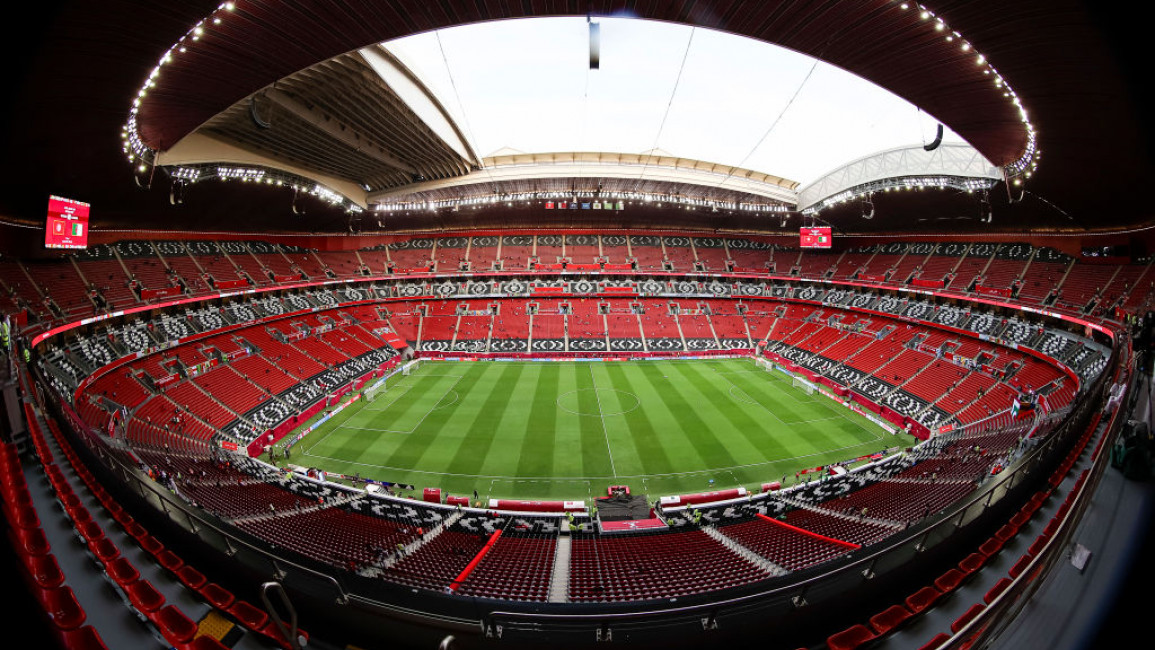Is hosting the FIFA World Cup a profitable business opportunity?
The FIFA World Cup 2022 is officially over. We have a winner. Messi finally did it. Kylian Mbappé's performance was stellar, to say the least, but it seems that fate chose blue and white this time around. The final match was peppered with excellent displays of athleticism from both sides and really kept the fans on the edge of their seats right till the end. However, there is one question that one might ask themselves now that the championship is over - Is hosting the FIFA World Cup a profitable business opportunity?
For the moment let us ignore whatever feelings we might have toward the fact that the nation of Qatar was the host this year. Additionally, let us also ignore the fact that it truly is a matter of national pride to be able to host the World Cup and it does allow the host country to have a moment of soft power where it becomes the focal point (at least geographically) of the football world. This shall be a discussion of the financial hurdles a country may have to get through to prepare itself in every way to host the most prestigious football tournament in the world.
One might assume that it is a matter of great privilege for a country to be allowed to welcome fans from across the world for the beautiful game and it would also be right to assume that more foot traffic can only enhance a nation's revenue through the simple fact that the tourism sector of the country would be booming for around 6 weeks. As it turns out, it really is not that simple.
It is possible for a country to fall into debt traps after hosting the World Cup. The most recent example would be South Africa which held the FIFA World Cup in 2010. FIFA requires the host countries to abide by some really expensive and tough conditions. Right before the Qatar World Cup this fact was quite publicized and almost all football aficionados are aware of just how much Qatar has spent to develop high-quality stadiums and entire cities in fact just to host the World Cup. FIFA requires the host countries to have strong infrastructure and it might even require the host country to build more hotels and even temporary housing for the players and the fans. Such high standards entail high expenses which must be borne by the government of the host country. Amazingly, most of the infrastructure is not used later.
It is often stated that the tourism industry witnesses a surge in revenue during the World Cup which is an obvious fact. However, the surge does not last more than 6 weeks at most. As the players and fans start making their way back, the host country is still left with the high-quality infrastructure it invested in so heavily with no way of driving up more revenue. The strangest part of this whole fiasco is that the host country receives no part of the profits derived through ticket sales or through the sale of television rights to the event. FIFA gets all of it meanwhile the expenses borne by the government to host the event are passed on to the taxpayers of the country. TV rights for the 2018 World Cup in Russia were sold to broadcasters around the world for $4.6 billion. All of that money was received by FIFA alone.
FIFA does not even let local vendors sell their wares to fans coming to the stadiums because they require only their sponsor's goods to be sold in or around the stadiums. Such cases were documented during the 2014 World Cup held in Brazil. It has been stated that Qatar has spent over $200 billion to develop hotels and leisure facilities, overhaul its entire road network and construct a rail system. Such an investment requires long-term revenue generation to be considered financially viable but the World Cup is a temporary affair and hence, not financially justified.




Comments
Post a Comment